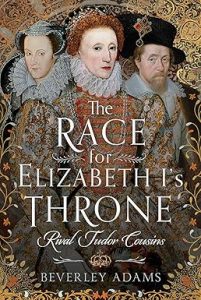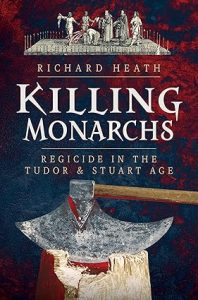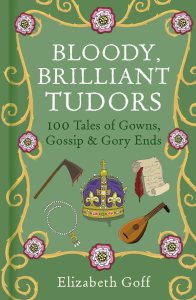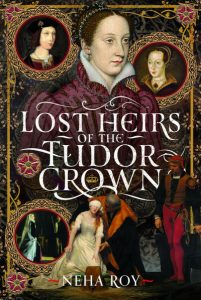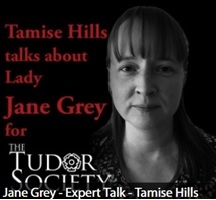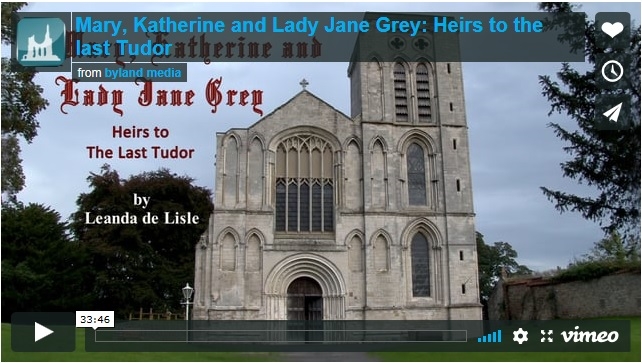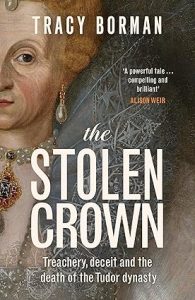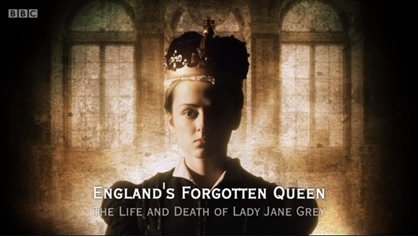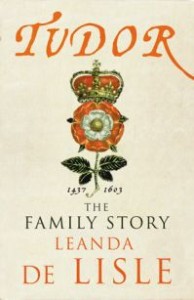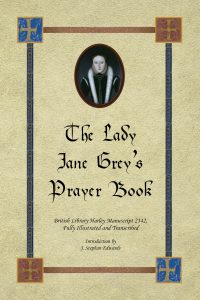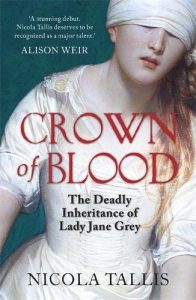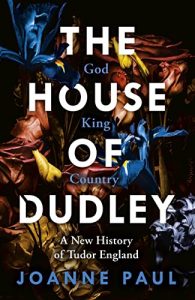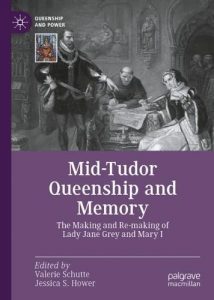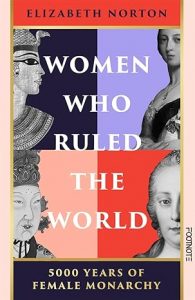Helen Castor’s new series ‘Medieval Lives’ continues tonight at 9pm on BBC4.
According to her website, ‘this exploration of the medieval experience of life’s great rites of passage includes stories of the 15th-century Paston family, as told in Helen’s book BLOOD & ROSES.’ (Helen Castor.com)
The second episode of this three part series looks at marriage.
This is what the press has to say:
‘Dr Helen Castor continues her advance through life’s ‘great rites of passage’ by looking at marriage. Using as examples a royal wedding (Catherine of Aragon and Prince Arthur, the future Henry VIII’s older brother) and one bringing together two Norfolk gentry families, she shows how the church put its stamp on marriage after reforms in the 12th century – and also became sterner about sexual sin…Castor…describes a typical medieval wedding, including the priest ‘putting the couple to bed.’
(p.64, The Culture, Sunday Times, 13 October 2013)
‘Unlike birth and death, which are inescapable facts of life, marriage is rite of passage made by choice and in the Middle Ages it wasn’t just a choice made by bride and groom – they were often the last pieces in a puzzle, put together by their parents, with help from their family and friends, according to rules laid down by the Church.
Helen Castor reveals how in the Middle Ages marriage was actually much easier to get into than today – you could get married in a pub or even a hedgerow simply by exchanging words of consent – but from the 12th century onwards the Catholic Church tried to control this conjugal free-for-all. For the Church marriage was a way to contain the troubling issue of sex, but, as the film reveals, it was not easy to impose rules on the most unpredictable human emotions of love and lust.’
(BBC4 website)
‘Dr Helen Castor dips into the sacrament and significance of marriage during the Middle Ages. Medieval wedlock was, she explains, often used to forge links between families. But it was also, of course, a passport to the pleasures of the flesh at a time when fornication was punished with public whippings and excommunication (not to mention eternal damnation).
The church is again cast in the role of arch-killjoy when Dr Castor unveils a 13th-century statute instructing parishioners on “proper” matrimonial behaviour. “Marriages are to be celebrated with reverence,” it commanded, “not with laughter and ribaldry. Not in taverns, with public eating and drinking.” How strictly this was adhered to, however, is anybody’s guess.
Historian Helen Castor explores marriage in the Middle Ages, revealing how family and friends were often heavily involved in the coupling of two individuals. She also discovers how the Catholic Church tried to impose controls on matrimony after the ability to hold a wedding almost anywhere had led to a free-for-all, driven by the unpredictable human emotions of love and lust.’
(Gary Rose, Radio Times website)
You can view a clip here:
BBC4 – Medieval Lives: A Good Marriage
Episode 2 – A Good Marriage will be repeated:
BBC 4
Thursday 17 October – 02.30
Sunday 20 October – 22.00
Sources
The Culture (The Sunday Times)
BBC 4 Medieval Lives
Radio Times.com


